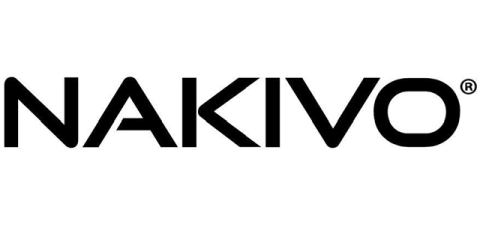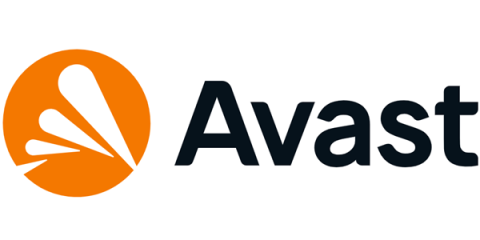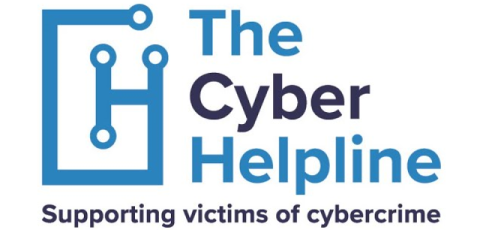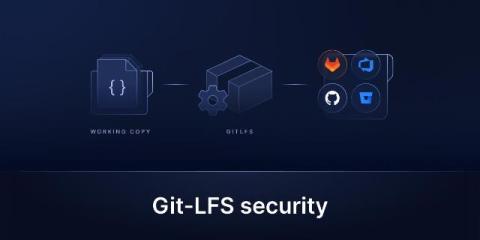NAKIVO Launches v11 with Powerful Cybersecurity Features and Advanced Support for Proxmox VE, Microsoft 365, and NAS
NAKIVO Inc., a global leader in data backup and recovery, is excited to announce the launch of NAKIVO Backup & Replication v11, the newest version of its award-winning solution designed to meet the expanding needs of today's virtual and cloud-based environments. This release includes advanced data protection capabilities for Proxmox VE, Microsoft 365, and NAS while introducing key cybersecurity and compliance enhancements.










